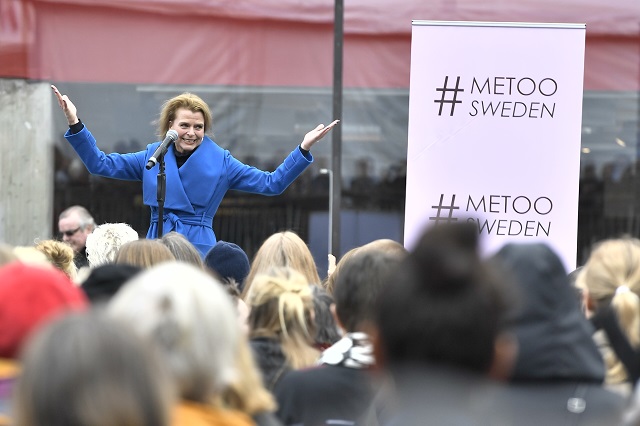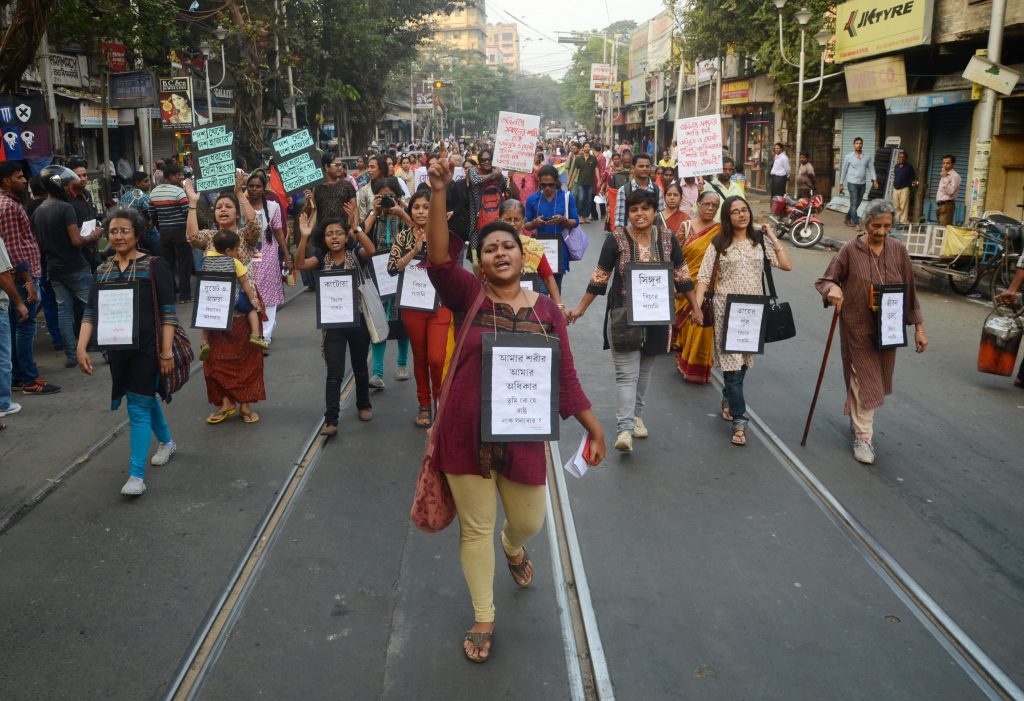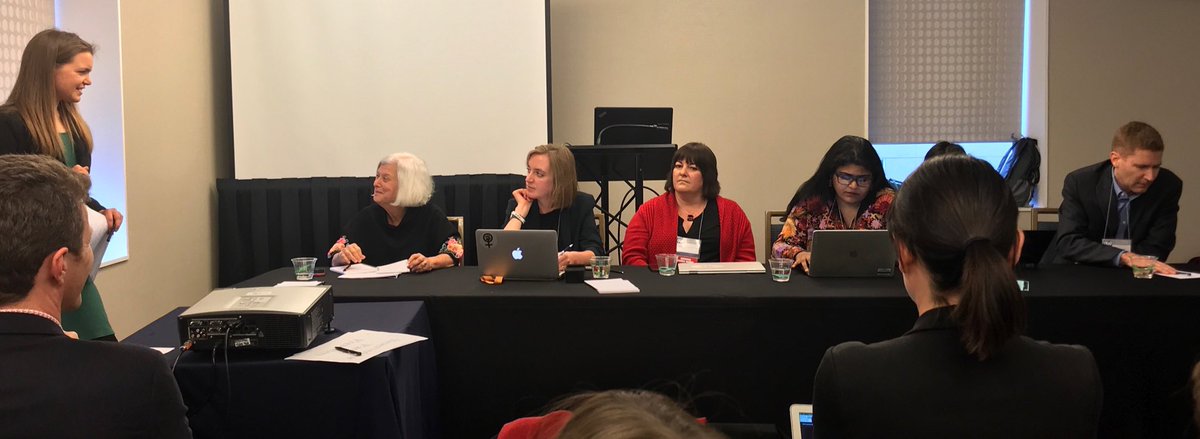This is a guest post from Linda Åhäll, a Lecturer in international relations from Keele University, UK. Follow her on Twitter at @DrLindaAhall This is the sixth post in the series on #metooacademia An Australian newspaper described #MeToo in Sweden as “the biggest...





